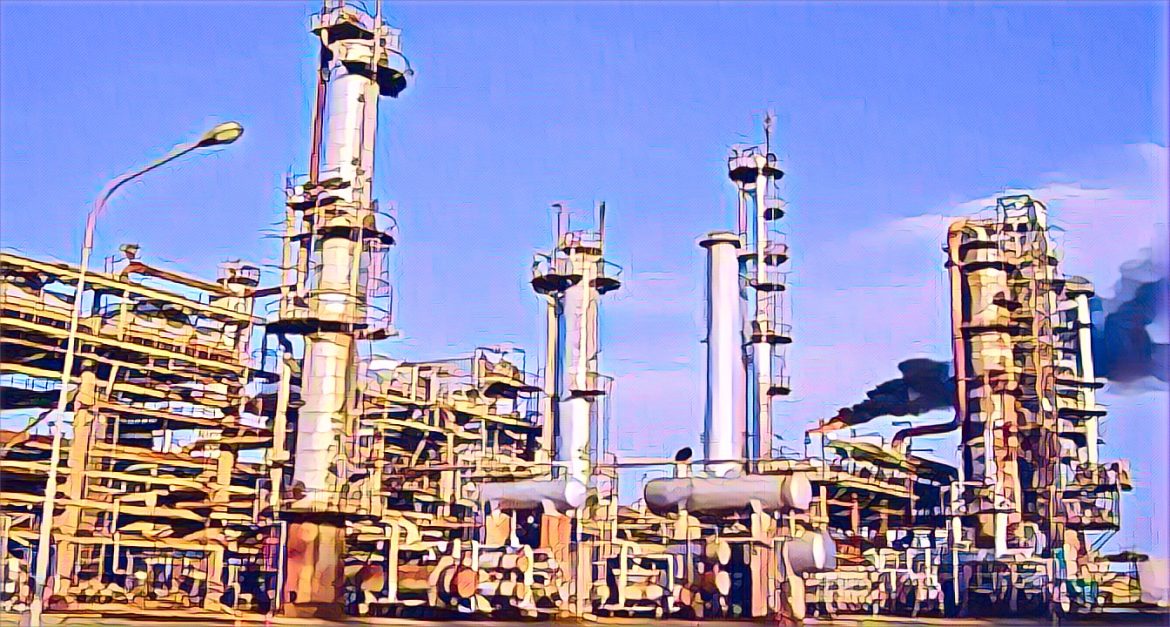KEY POINTS
- NNPCL outlines reasons for the Port Harcourt Refinery’s delay in production.
- The refinery is undergoing extensive repairs, pushing back operational timelines.
- NNPCL assures the public that production will resume soon as upgrades are completed.
The Nigerian National Petroleum Company Limited (NNPCL) has come out to explain why the Port Harcourt Refinery, one of the country’s key petroleum facilities has not been producing as expected.
Despite the initial estimates that the refinery should be up and running by the end of the year 2023, the current repair works and technical issues have delayed the reopening process.
Extensive Repairs Underway
The Port Harcourt Refinery which has recently received massive rehabilitation has not been in full production for several years.
This has caused concern over Nigeria’s dependence on imported petroleum products particularly at a time when the country is experiencing an increase in fuel prices and volatile oil prices in the international market.
The NNPCL has attributed the delays to the extent of work that needs to be done to upgrade the refinery to the current generation.
NNPCL in a statement said that while much has been achieved, there are several technical challenges that have to be sorted out before the refinery can go into production.
According to Tribune Online, the rehabilitation project forms part of the strategies aimed at diversifying Nigeria’s fuel consumption and local refining.
Government’s plan for local refining
The Nigerian government has in the recent past targeted to increase the level of refining capacity within the country. Some of the major facilities that are expected to contribute to this effort once the repairs are done include the Port Harcourt Refinery among others.
This project is in line with the government’s agenda of cutting down on fuel importation which has been a major drain on the country’s foreign exchange.
NNPCL management has insisted that the upgrade of the refinery is crucial for long-term effectiveness and safety.
They sought to allay the public’s concern by stating that even though the refinery is yet to commence production, it will in the future produce petroleum products like gasoline, diesel, and kerosene.
Public assurance in the light of fuel supply uncertainty
With the current increase in fuel prices, many Nigerians are looking forward to the local refineries such as Port Harcourt to resume operations.
NNPCL has informed the public that once the refinery is established, it will help in the stabilization of fuel supply and the high costs of importing refined products.
However, some questions arise regarding whether the government will be able to meet the new timelines for the rehabilitation of the refineries.
Some of the industry experts have called on NNPCL to come out with regular reports to the public to enhance the confidence of the people in the project.
Looking ahead
However, there is hope that the rehabilitation of the Port Harcourt Refinery will in the long run be of advantage to the Nigerian economy. When fully developed,
it will help Nigeria to cut down on its importation of oil and hence improve the energy security of the country.
This should in the long run assist in the stabilization of fuel prices and boost the economy through the provision of a constant supply of refined petroleum products in the country.
As the refinery enters its last stage of rehabilitation, the government and NNPCL expect it to start producing soon, which will be a new era for Nigeria in the search for energy self-sufficiency.


